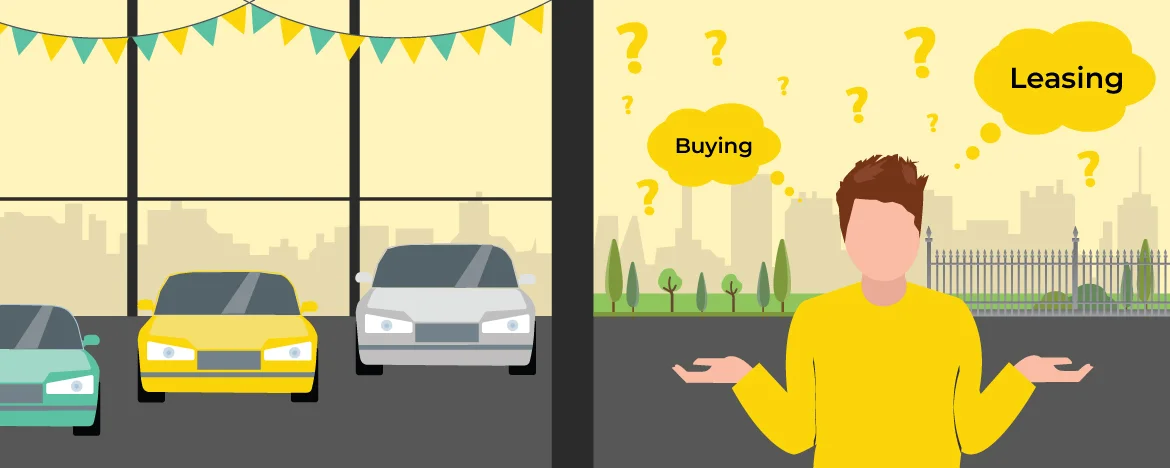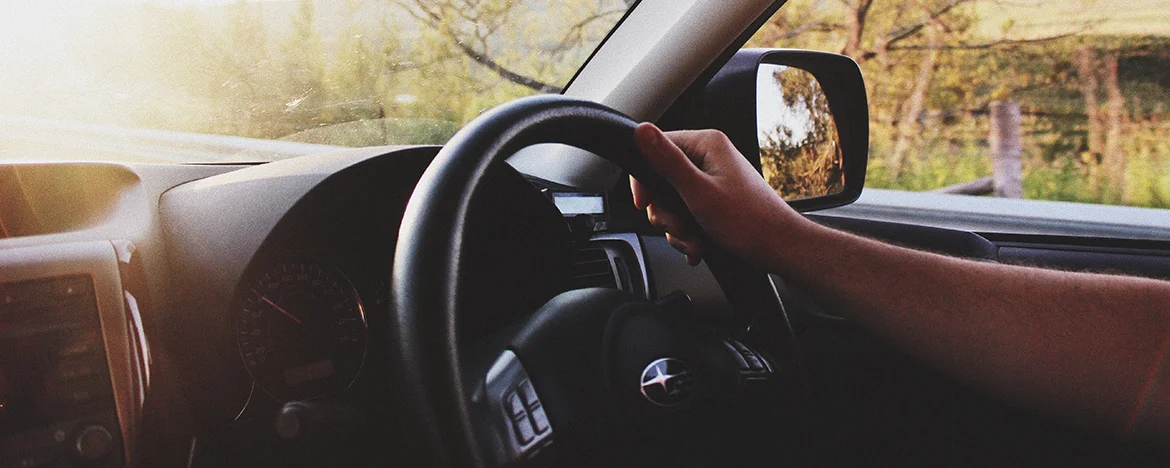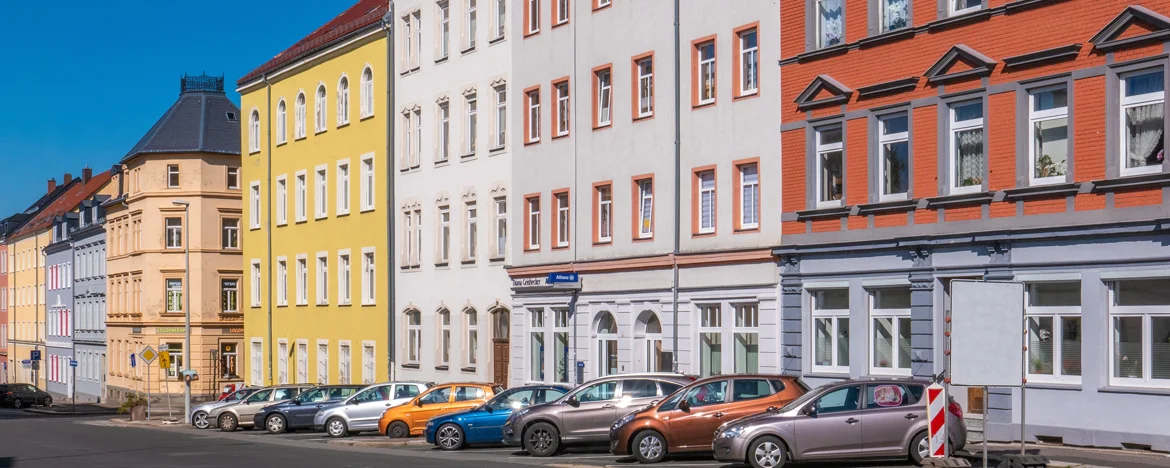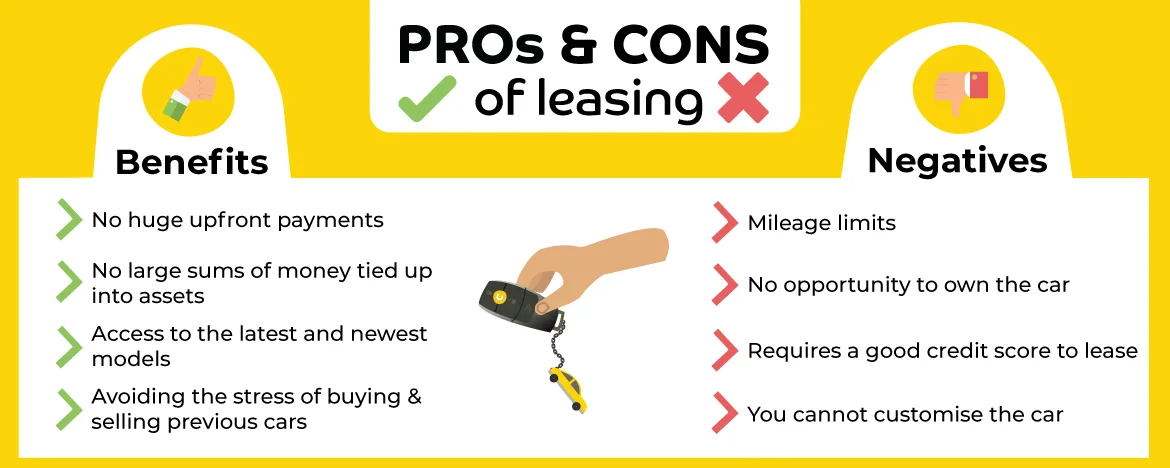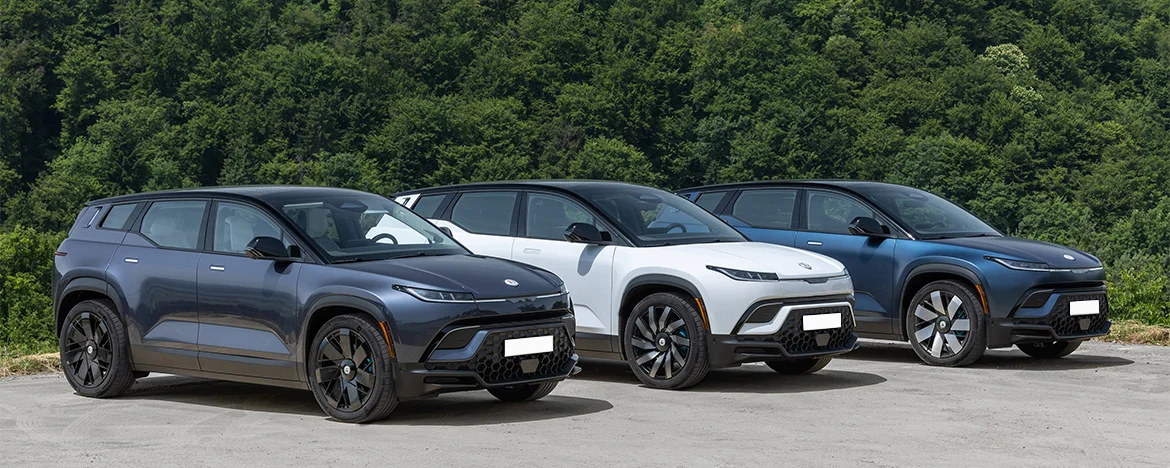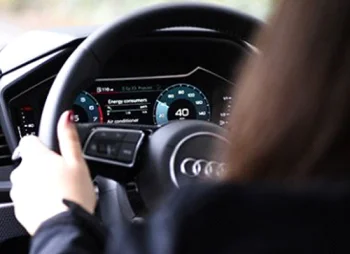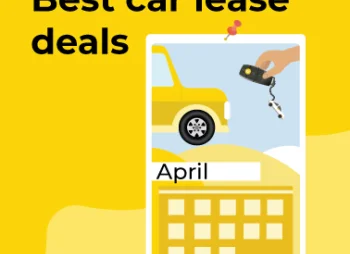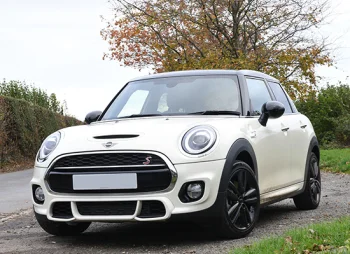What are the other car finance options?
As well as car leasing and outright purchase, there are other ways to finance your car including loans, PCP and HP.
If you don’t want to lease your car, or buy it with cash or a debit/credit card, then you do have some other options to finance your next vehicle.
Hire Purchase, or HP, is more similar to a loan than it is to PCP or PCH. Essentially, it’s a method of car ownership which allows you to spread the cost over a set period. Once your monthly repayments are over, the car is yours.
It does generally work out, month on month, as more expensive than either of the other two finance options, but if you know you want to own a brand-new car but don’t want to take out a loan or pay for it upfront, it could be the right option for you.
Personal Contract Purchase, or PCP, is much more akin to leasing.
Like leasing, you pay an initial rental and then your set monthly payments for the duration of your contract, but unlike leasing, you have an optional balloon payment at the very end. If you choose to pay this, the car is yours.
If you don’t want to pay off the final balloon payment, then you can hand the car back and you’re free to move onto the next.
It’s a good option if you’re pretty sure you want to own the car in the future and you know you’ll have the funds for the final payment, but if you’re not fussed about ownership, then leasing can be a cheaper funding method than PCP.

